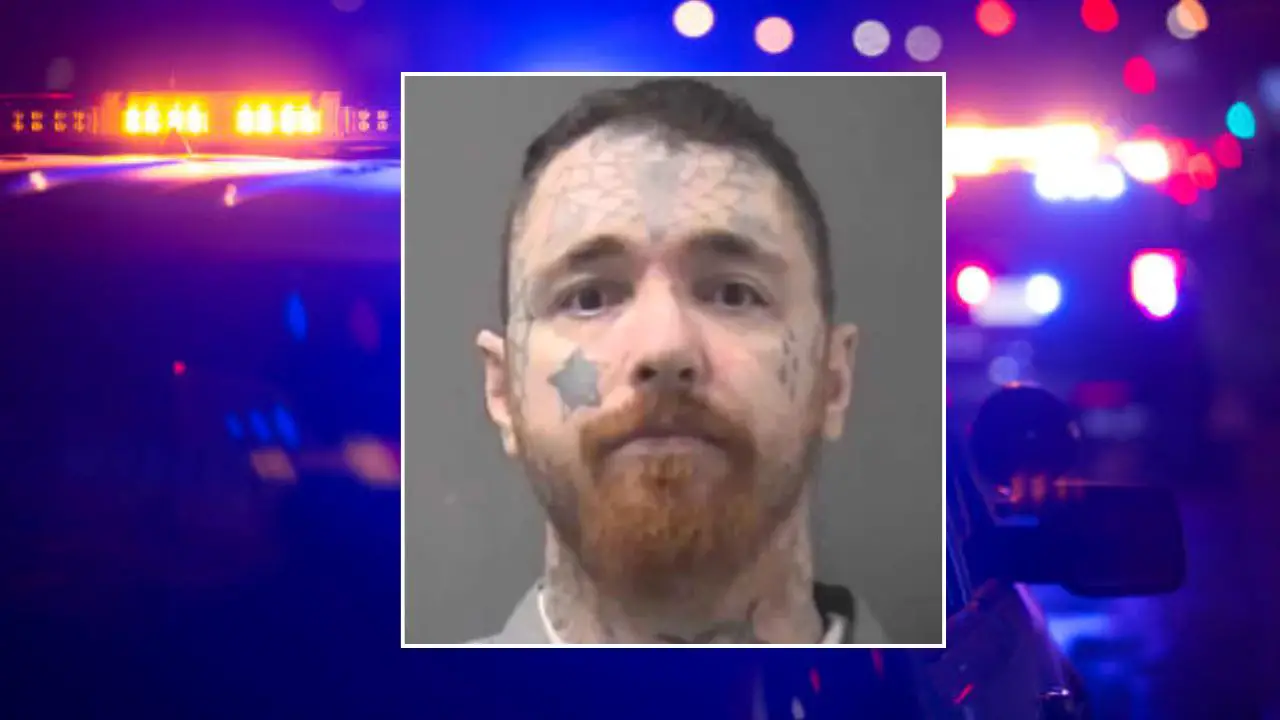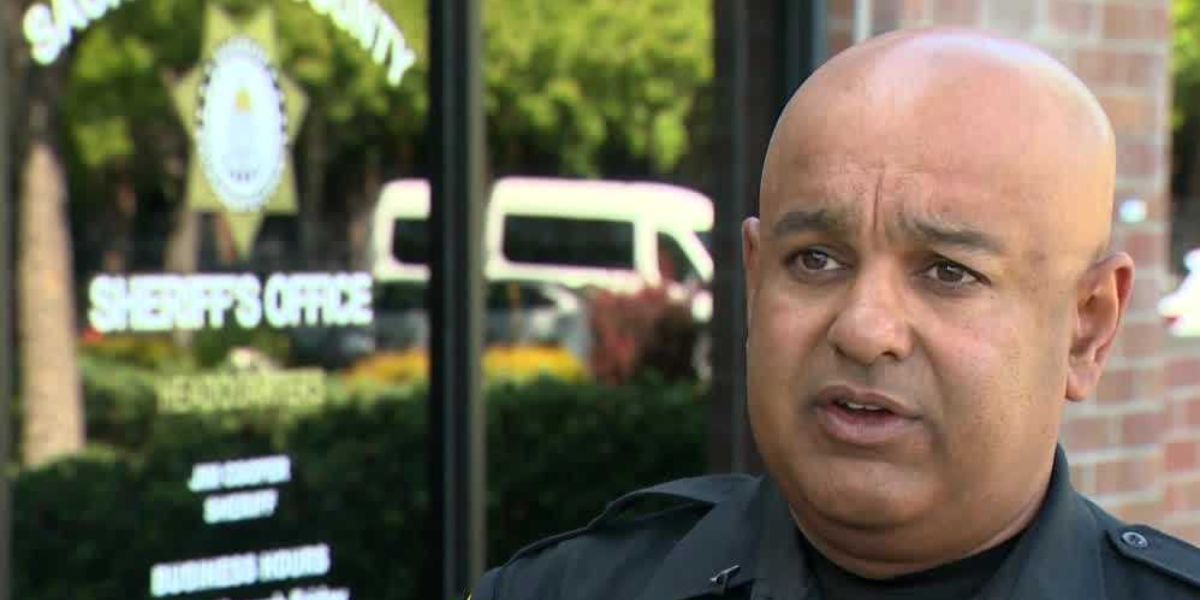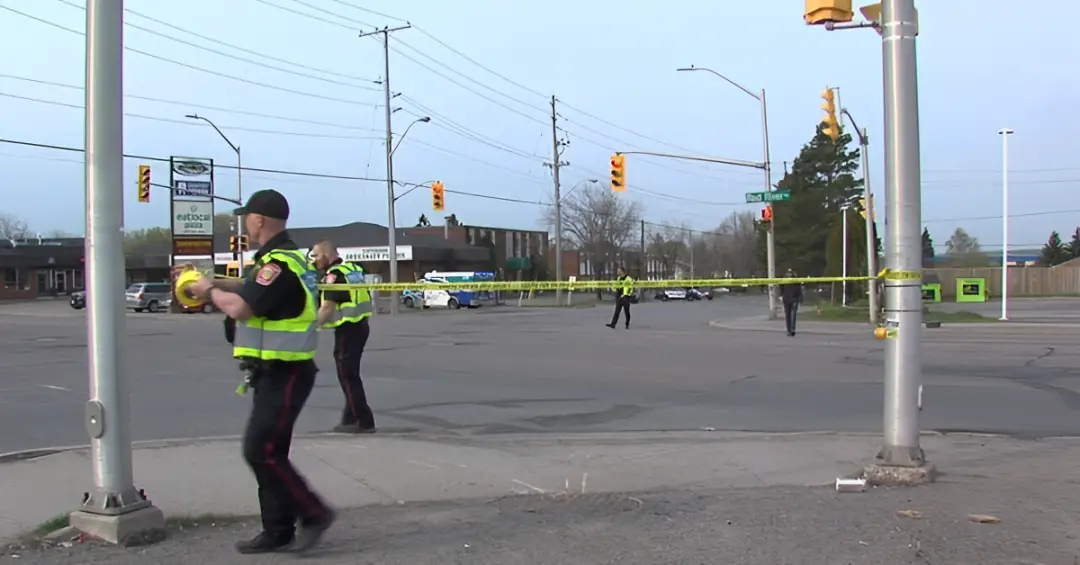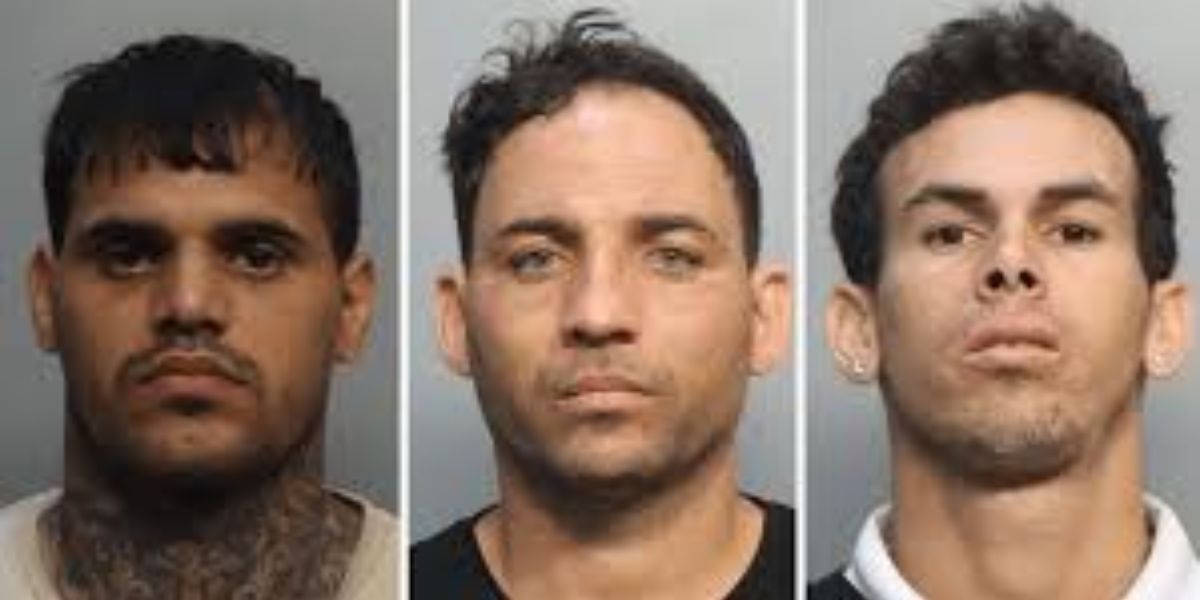Lowell, MA — Massachusetts authorities say they have identified and charged a man they now classify as a serial killer, alleging he targeted people experiencing homelessness across multiple states over more than a decade. Kevin Lino, 38, already convicted of two murders, is now accused of killing two additional men under circumstances prosecutors describe as deliberate, violent, and predatory.
Prosecutors Call Him a Serial Killer
According to the Middlesex District Attorney’s Office, Lino — who is already serving sentences for killings in Boston (2012) and Missoula, Montana (2014) — now faces two new murder charges for deaths that occurred years earlier in Massachusetts.
District Attorney Marian Ryan made the agency’s position clear:
“Mr. Lino is a serial killer. The Department of Justice defines a serial killer as someone who has taken the life of two individuals in separate situations. In this case, we have already convictions in two. We’ve now brought charges in two more.”
Investigators emphasize that Lino is not connected to the recent string of discoveries across New England — more than 10 women found dead since March in Connecticut, Massachusetts, and Rhode Island — a cluster that sparked widespread online speculation about another serial killer in the region. Officials say those deaths do not appear related.
Charged in Two More Killings
The new accusations outline two brutal murders allegedly committed when Lino was in his early 20s and living among other unhoused individuals in makeshift encampments.
The 2010 Killing of Gary Melanson
Prosecutors say the first incident occurred at a Lowell encampment in 2010, where both Lino and Gary Melanson, 54, were staying.
According to charging documents, Melanson repeatedly lit fires to stay warm — a habit Lino reportedly believed attracted unwanted police attention. When Melanson allegedly ignored Lino’s threats and warnings, prosecutors say Lino attacked him with a metal baseball bat, beating him to death.
“He rushed the victim… and struck him repeatedly with a metal baseball bat, killing him,”
authorities wrote in their statement.
Melanson, significantly older and smaller, stood little chance against Lino’s assault, investigators say.
Read Also: Shooter Dies by Suicide After Opening Fire at Dallas Walmart, Injuring 2
The “Hot Shot” Death of Douglas Leon Clarke
Two years later, in 2012, Douglas Leon Clarke, 30, was found dead near Harvard Square in Cambridge from what was initially ruled an accidental overdose involving opioids, alcohol, and gabapentin.
At the time, no suspicion of homicide was recorded.
But in 2018, investigators re-examining Clarke’s death learned that Lino had been living in the same encampment and had reportedly expressed anger that heroin users were still occupying the space. According to the DA, Lino was attempting to “clear out” certain individuals.
Authorities now believe Clarke was killed when Lino intentionally administered a “hot shot” — a fatal dose of heroin designed to poison rather than intoxicate.
A Violent History Spanning Two States
Prior to these new charges, Lino had been convicted in two separate murders:
- The 2012 killing of Normand Varieur in Boston
- The 2014 killing of Jack Gilbert Berry in Missoula, Montana
Like Lino, each of the victims was experiencing homelessness at the time, a pattern investigators now see as significant. Officials say the victims’ vulnerability and isolation made them easier targets.
Investigators Believe There May Be More Victims
The DA’s office has not ruled out the possibility that Lino’s alleged violence extends beyond the four known victims.
“We continue to investigate any and all potential connections,” Ryan said, adding that investigators have been reviewing additional cold cases involving unsheltered individuals in the Boston metro area and elsewhere.
Authorities say the transient nature of the encampments Lino lived in — coupled with his frequent moves across state lines — may have enabled him to evade detection for years.
Community Concerns and Ongoing Investigations
Advocates for people experiencing homelessness say the case highlights the risks faced by unhoused individuals, who often live without the safety, surveillance, or community support that could deter violence or bring quicker attention to suspicious deaths.
Officials are urging anyone with information about Lino’s movements from 2008 to 2015 to contact investigators. Tips can be submitted anonymously.
For ongoing coverage of major criminal cases, public safety alerts, and community reporting, visit mikeandjonpodcast.com.




